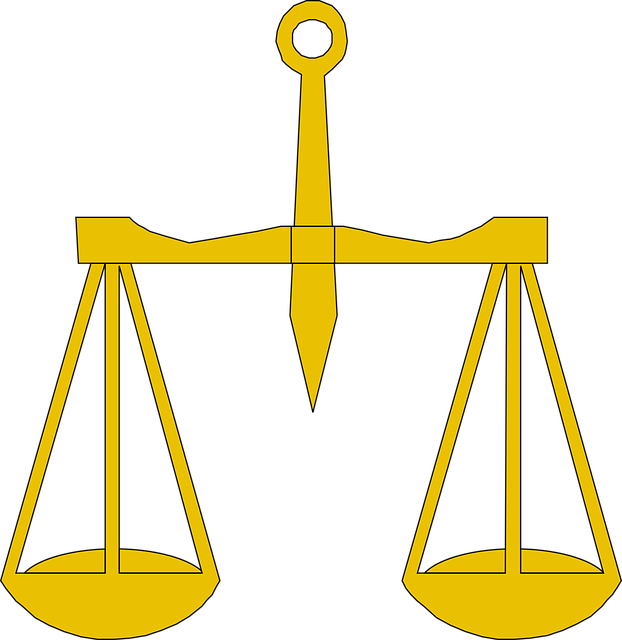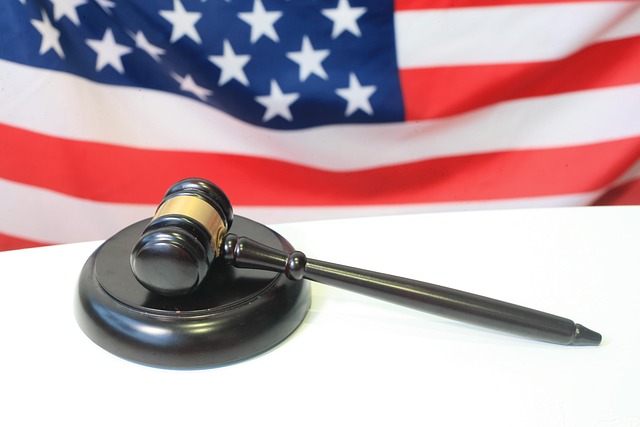The RF Securities industry relies on stringent regulations to maintain fairness, transparency, and stability in financial markets. Understanding this regulatory environment is crucial for both corporations and individuals. Common Mistakes in Personal Injury Claims offer valuable lessons regarding precise documentation and adherence to legal procedures, which are equally important for securities industry compliance. Key focus areas include keeping pace with evolving laws, understanding nuanced differences across acts, and ensuring sector-wide adherence. Regulators scrutinize trading practices, market integrity, investor protection, and financial reporting, particularly for companies involved in philanthropy and political communities. Meticulous detail and proactive compliance strategies are essential to defend against regulatory challenges, impacting a firm's reputation and long-term viability. By learning from personal injury claim mistakes, such as delayed reporting and inadequate assessment, the securities industry can enhance its integrity and foster a fair legal landscape.
“The RF Securities industry is a complex landscape governed by stringent regulations, with personal injury claims playing a significant role in shaping its oversight. This article offers a comprehensive guide to understanding these regulations, focusing on common pitfalls in personal injury claims and their regulatory implications.
We explore the crucial roles of various regulatory bodies, delving into key compliance requirements for securities firms. Through case studies, we uncover valuable lessons from high-profile RF Securities regulation issues, emphasizing the significance of navigating these complex rules effectively, especially regarding Common Mistakes in Personal Injury Claims.”
- Understanding RF Securities Industry Regulation: An Overview
- Common Mistakes in Personal Injury Claims and Their Impact on Regulations
- Regulatory Bodies and Their Role in RF Securities
- Key Regulations and Compliance Requirements for Securities Firms
- Case Studies: Lessons from High-Profile RF Securities Regulation Issues
Understanding RF Securities Industry Regulation: An Overview

The RF Securities Industry Regulation is a complex web of rules and guidelines designed to maintain fairness, transparency, and stability in financial markets. Understanding this regulatory landscape is crucial for both corporate and individual clients navigating investment opportunities. Common Mistakes in Personal Injury Claims, while unrelated on the surface, can offer insights into the importance of precise documentation and adherence to legal procedures—lessons equally applicable to the securities industry.
Regulatory compliance involves keeping pace with evolving laws, understanding the nuances of different acts, and ensuring adherence across various sectors. Securities regulators scrutinize practices related to trading, market integrity, investor protection, and financial reporting. For companies, especially those involved in philanthropy and political communities, navigating these regulations is essential for maintaining public trust. Moreover, the ability to win challenging defense verdicts against regulatory bodies can significantly impact a firm’s reputation and long-term viability, underscoring the need for meticulous attention to detail and proactive compliance strategies.
Common Mistakes in Personal Injury Claims and Their Impact on Regulations

Personal injury claims are a complex area of law, and navigating them without proper guidance can lead to significant mistakes that impact both individuals and industry regulations. One of the most common errors is failing to report incidents promptly. Delayed notifications can hinder evidence collection and make it challenging to establish liability, potentially reducing the claim’s value or even leading to its dismissal. Additionally, many claimants underestimate the extent of their injuries, resulting in under-compensation for medical bills, lost wages, and pain and suffering. These mistakes create a ripple effect, contributing to increased litigation times, higher insurance premiums, and more stringent regulatory oversight.
Regulators take these common errors seriously as they reflect on the overall integrity of personal injury claims. To achieve extraordinary results and ensure fairness across the country, general criminal defense attorneys often advise clients to act swiftly, document all relevant details, and seek medical attention promptly. By doing so, claimants can better protect their rights and contribute to a more efficient legal system, reducing the likelihood of regulatory interventions and fostering a more just environment for all parties involved.
Regulatory Bodies and Their Role in RF Securities

Regulatory bodies play a pivotal role in the RF Securities industry, acting as watchdogs to maintain fairness, transparency, and integrity within the market. These organizations are responsible for creating and enforcing rules that protect investors while fostering healthy competition among financial institutions. They conduct regular audits, monitor trading activities, and investigate any suspected misconduct or violations of securities laws. By doing so, they help prevent common mistakes in personal injury claims related to fraudulent practices, ensuring a level playing field for all participants.
Across the country, these regulatory bodies work tirelessly to keep pace with evolving market trends and technological advancements. They are involved in every stage of the investigative and enforcement process, from initial complaints to the imposition of penalties. This oversight is crucial for maintaining public trust in the financial markets and promoting responsible investing practices within respective business entities.
Key Regulations and Compliance Requirements for Securities Firms

The securities industry is heavily regulated to protect investors and maintain market integrity. Key regulations for firms like RF Securities include strict anti-money laundering (AML) and know your customer (KYC) rules, which require robust due diligence on clients to prevent financial crimes. Compliance with these regulations involves extensive documentation, risk assessments, and monitoring of client activities, ensuring that the firm operates transparently and ethically.
Another critical aspect is adhering to securities laws governing trading practices, insider information disclosure, and market manipulation. Firms must implement effective internal controls and risk management systems to avoid common mistakes in personal injury claims, such as negligent trading or failure to disclose material events. By prioritizing compliance, RF Securities can build trust with its diverse clientele—from corporate and institutional investors to individual clients—and thereby enhance its reputation for ethical conduct and robust risk governance.
Case Studies: Lessons from High-Profile RF Securities Regulation Issues

In the realm of RF Securities industry regulation, case studies offer valuable insights into common pitfalls and lessons learned from high-profile issues. One prominent example is the recent surge in personal injury claims related to RF exposure, where individuals have alleged health issues stemming from prolonged use of electronic devices. These cases highlight a critical need for clear guidelines and education on safe usage practices. Many initial claims suffered from inconsistencies in evidence and failure to account for alternative causes, leading to losing challenging defense verdicts. However, successful defenses have emerged by rigorously examining medical records, employing expert witnesses, and demonstrating reasonable product usage.
Studying these cases not only underscores the importance of robust regulation but also showcases strategies for achieving extraordinary results across the country. By learning from both successes and failures, industry stakeholders can refine their approaches to ensure the integrity of RF Securities while fostering a fair and efficient legal landscape. This proactive approach, centered around thorough investigation and evidence-based arguments, has proven effective in navigating complex regulatory issues, ultimately leading to winning challenging defense verdicts.
The regulation of the RF securities industry is a complex landscape, with regulatory bodies playing a pivotal role in maintaining fairness and protecting investors. Understanding common mistakes in personal injury claims has been essential in shaping these regulations, ensuring that securities firms operate with integrity and transparency. Key compliance requirements highlight the need for robust internal controls and ethical practices. By examining high-profile cases, industry participants can learn valuable lessons and navigate this dynamic regulatory environment effectively, fostering a more secure and efficient RF securities market.






